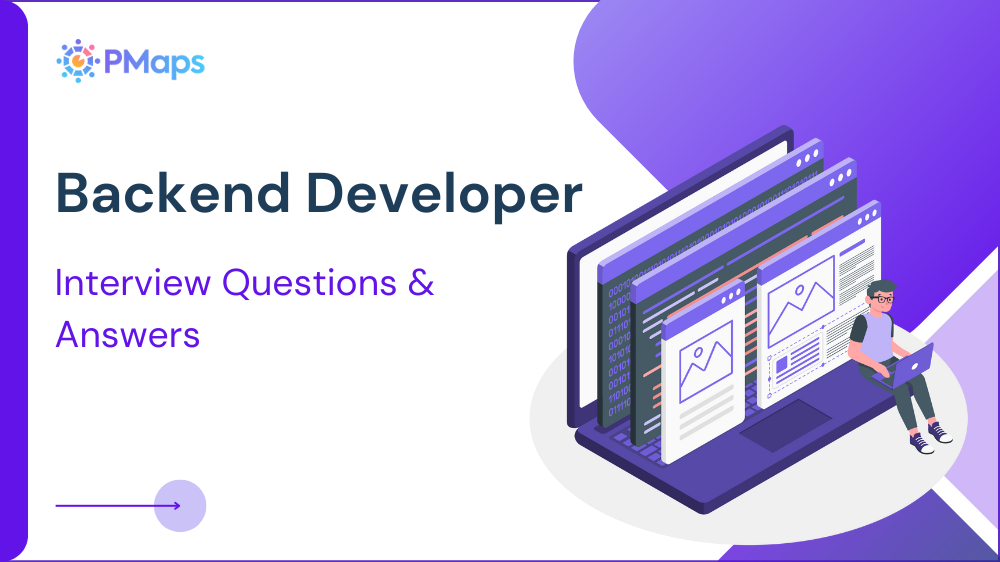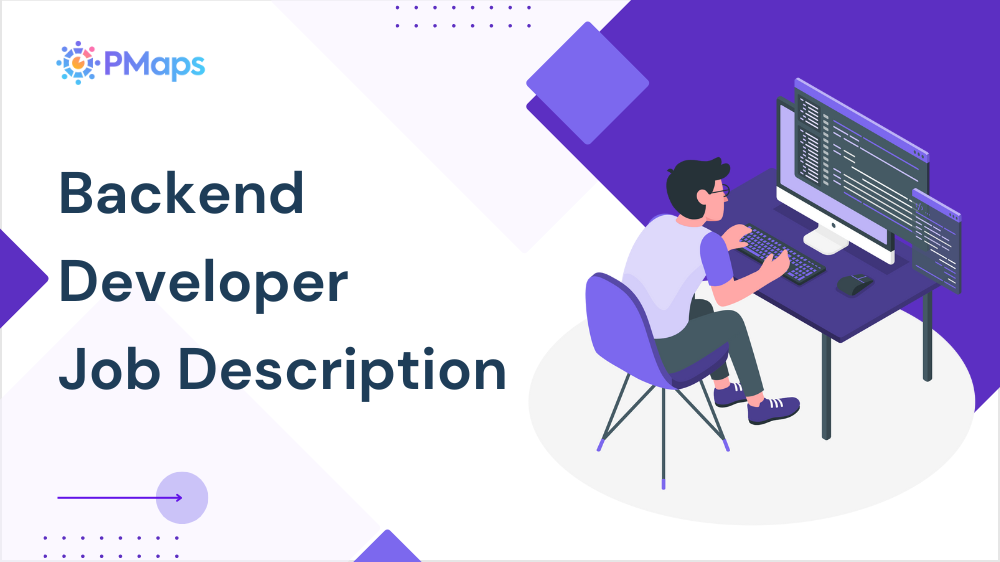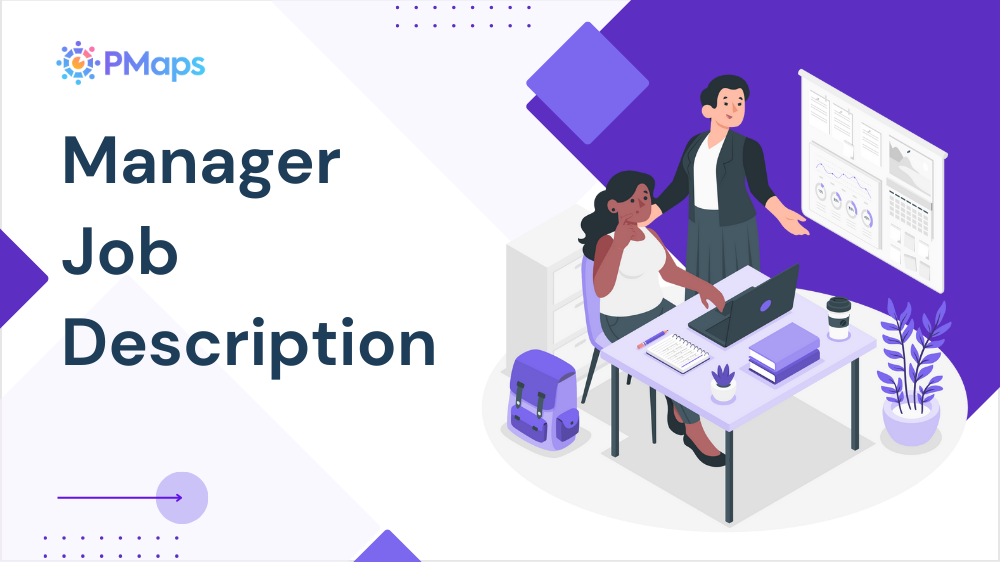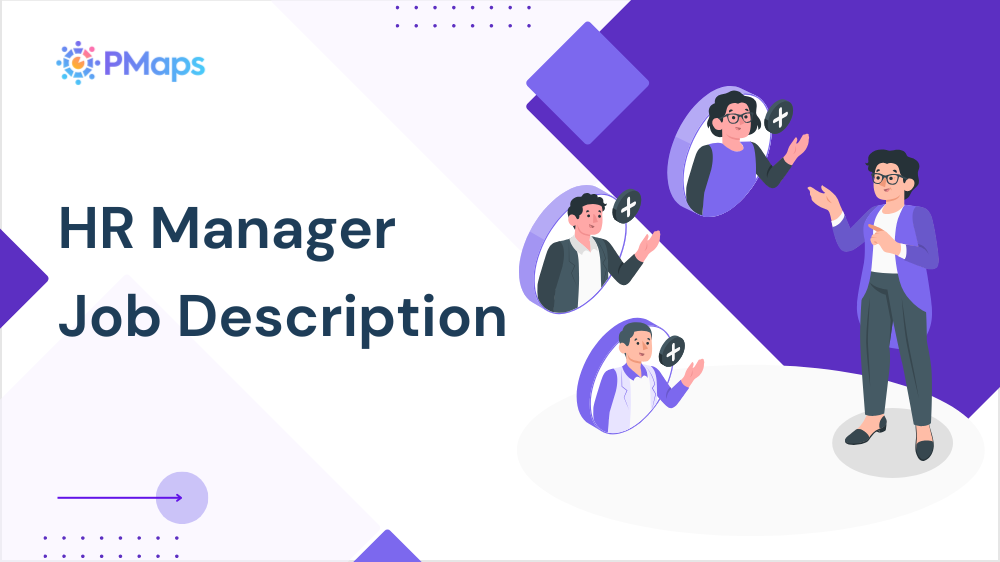
Backend developer interview questions reveal a candidate’s ability to build, secure, and scale systems that power modern applications. These developers are responsible for APIs, data layers, server logic, and overall system architecture—making their role essential to business continuity and user experience. Hiring the right backend developer means assessing both their technical depth and their problem-solving mindset.
One more step? Run the Backend Lead Developer Test to confirm skill.

This guide covers general, behavioral, situational, and technical questions to help you evaluate candidates thoroughly. Whether you’re hiring for a junior role or a lead developer position, these structured questions will help you identify talent that writes resilient, scalable, and maintainable code.
Review delivery and tech-stack clarity in the Backend Lead Developer Job Description.
General Interview Questions for Backend Developer
These questions help evaluate a candidate’s foundational understanding of backend development, project experience, and mindset toward maintainability and collaboration. Strong responses should reflect both technical fluency and a clear approach to building reliable backend systems.
1. What backend languages and frameworks have you worked with?
What it Assesses:
This reveals language proficiency, tech stack exposure, and project-level usage. It helps determine whether the candidate can adapt to your environment or bring new strengths to your stack.
What to Listen For:
Look for real-world use of popular languages like Python, Java, Node.js, or Go. The best answers reference versioning, specific frameworks, and where those choices fit the use case.
Sample Ideal Answer:
“I’ve worked with Node.js and Express for most RESTful APIs, and used Django for data-heavy projects. Recently, I’ve started using FastAPI for its performance in async tasks.”
2. How do you ensure your code is maintainable and scalable?
What it Assesses:
This explores coding principles, architecture choices, and awareness of long-term implications. It reflects discipline and professionalism in code writing.
What to Listen For:
Look for use of design patterns, modular architecture, linting, documentation practices, and code reviews. Candidates should care about readability, testing, and future-proofing.
Sample Ideal Answer:
“I write modular functions, document interfaces, and use version control practices. I also apply SOLID principles and push for automated tests to keep changes safe and scalable.”
3. How do you typically structure a RESTful API?
What it Assesses:
This checks practical knowledge of API design, routing, and how data flows between frontend and backend.
What to Listen For:
Expect references to resource naming conventions, status codes, authentication, and separation of concerns between controller and business logic layers.
Sample Ideal Answer:
“I structure REST APIs around resources with consistent endpoints—like /users/:id. Each method handles a single action, and I use middleware for auth and error handling.”
4. How do you approach testing in backend development?
What it Assesses:
This shows the candidate’s approach to quality control and system reliability. It highlights how much they value confidence in production code.
What to Listen For:
Answers should mention unit tests, integration tests, mocking, and test automation tools like Jest, Mocha, or PyTest. Bonus for CI/CD integration references.
Sample Ideal Answer:
“I use unit tests for functions, integration tests for routes and DB interactions, and automate them with CI pipelines. Testing helps catch regressions before they go live.”
5. Describe your experience working with databases.
What it Assesses:
This tests fluency in data modeling, query writing, and choosing between SQL and NoSQL based on business needs.
What to Listen For:
Look for mentions of relational (PostgreSQL, MySQL) and non-relational (MongoDB, Redis) databases. Good responses include normalization, indexing, and performance tuning.
Sample Ideal Answer:
“I’ve used PostgreSQL for transactional systems and MongoDB for flexible document-based storage. I optimize with indexing, and write queries using ORMs or raw SQL depending on performance needs.”
Behavioral Interview Questions for Backend Developer
Behavioral questions help evaluate how a candidate applies technical knowledge in real-world settings. These scenarios test problem-solving, communication, and adaptability—skills crucial for backend developers working in cross-functional teams under pressure.
1. Tell me about a time when a bug in your code caused a production issue. How did you handle it?
What it Assesses:
Accountability, debugging skills, and response under pressure. This also reveals how well the candidate learns from mistakes.
What to Listen For:
Look for root-cause analysis, structured rollback or fix steps, and communication with stakeholders. Strong answers include process improvements made after the issue.
Sample Ideal Answer:
“A caching issue I wrote caused duplicate entries. I traced the root using logs, patched it, and added tests to prevent recurrence. I documented it so others could learn from the case.”
2. Describe a time when you had to explain a complex backend problem to a non-technical stakeholder.
What it Assesses:
Communication clarity and stakeholder alignment. This checks whether the candidate can simplify technical depth for business users.
What to Listen For:
Strong candidates use analogies or visuals, clarify risks without jargon, and adjust based on audience feedback.
Sample Ideal Answer:
“I had to explain an API rate-limit issue to marketing. I used a queue analogy to show capacity, then offered two fix options. They appreciated the clarity and chose a deferred queue logic.”
3. Share an instance where you had to pick up an unfamiliar tech stack or framework quickly.
What it Assesses:
Learning agility, technical flexibility, and ability to adapt in fast-changing environments.
What to Listen For:
Look for structured learning approaches, contribution timelines, and how the developer validated their understanding through code or peer reviews.
Sample Ideal Answer:
“I was asked to support a Go project. I followed official docs, built a microservice within 10 days, and submitted code reviewed by the lead dev for accuracy.”
4. Talk about a situation where you disagreed with a teammate on a technical decision.
What it Assesses:
Team collaboration, conflict resolution, and openness to differing views.
What to Listen For:
Candidates should describe calm disagreement, fact-based discussions, and a focus on shared goals over personal preference.
Sample Ideal Answer:
“We debated whether to use Redis or in-memory caching. I proposed performance benchmarks to compare. Our team reviewed the data and agreed on a hybrid approach.”
5. Give an example of how you improved an existing backend process or system.
What it Assesses:
Initiative, system thinking, and long-term mindset. It shows whether the candidate actively seeks efficiency.
What to Listen For:
Look for analysis of current limitations, proposal of a better method, and measurable impact on performance or team efficiency.
Sample Ideal Answer:
“I noticed that our cron jobs were overlapping due to poor queue handling. I restructured them using a job scheduler, reducing duplicate processing by 95%.”
Situational Interview Questions for Backend Developer
These questions present realistic backend scenarios to evaluate how candidates handle architectural decisions, deadline pressure, data issues, or production-level failures. The responses offer insight into their planning, adaptability, and problem-solving style in dynamic environments.
1. You’re given a legacy codebase with no documentation. What’s your first step?
What it Assesses:
This question evaluates technical curiosity, patience, and systematic analysis. It also reveals how well a candidate can onboard into unfamiliar environments and build clarity in chaotic or unstructured systems.
What to Listen For:
Look for practical steps like reading routing files, logging entry points, creating architecture diagrams, and writing tests for risky functions. A process-oriented response shows maturity and long-term thinking.
Sample Ideal Answer:
“I start by mapping out core routes and DB interactions, then run tests to identify fragile areas. I document as I go, set breakpoints to understand flow, and avoid refactoring before understanding the system.”
2. You discover a data breach affecting user information. What do you do immediately?
What it Assesses:
This assesses security awareness, composure under pressure, and procedural thinking. It also reflects ethical responsibility and understanding of legal or compliance steps involved in incident handling.
What to Listen For:
Expect structured action—first containing exposure, notifying stakeholders, preserving logs, and following a responsible disclosure or incident protocol. Bonus if they refer to OWASP or GDPR implications.
Sample Ideal Answer:
“I’d isolate the affected module, disable risky endpoints, and inform our security lead. Then, I’d preserve server logs, assess scope, help patch the breach, and support user notifications based on company policy.”
3. Product asks you to deliver a feature in half the originally planned time. How would you approach this?
What it Assesses:
This question reveals communication skills, realistic scoping, and decision-making under timeline compression. It checks if the developer can balance speed with technical responsibility.
What to Listen For:
Look for stakeholder alignment, clarity on feature priority, and trade-offs through MVP or phased delivery. Avoid candidates who rush without planning for downstream risks.
Sample Ideal Answer:
“I’d review requirements with the product to define a core MVP, delay non-essential features, and break the work into sprints. I’d also flag testing needs and set realistic release criteria.”
4. You notice performance degradation in the API during peak hours. What steps do you take?
What it Assesses:
This evaluates system monitoring skills, performance profiling, and the ability to prioritize fixes based on impact. It shows how well they troubleshoot under real-world traffic conditions.
What to Listen For:
Expect a structured approach—review logs, isolate slow endpoints, analyze DB queries, and consider caching or load balancing. Strong candidates use APM tools to guide their fixes.
Sample Ideal Answer:
“I’d monitor logs and latency trends, check DB query times, and test with stress tools. If a bottleneck appears, I’d optimize code, use caching layers, or suggest scaling infrastructure temporarily.”
Technical or Functional Interview Questions for Backend Developer
These questions assess core backend competencies—ranging from API architecture and database management to system optimization and deployment practices. Strong answers will demonstrate depth, precision, and awareness of how their technical choices impact system performance and maintainability.
1. How do you design and secure Restful APIs?
What it Assesses:
This evaluates a developer’s ability to create scalable and secure endpoints while following REST principles. It also reflects awareness of common security risks in exposed services.
What to Listen For:
Expect resource-based structuring, correct use of HTTP methods, and mention of authentication (OAuth, JWT), rate limiting, and input validation. A strong answer includes both structural clarity and defense against misuse.
Sample Ideal Answer:
“I follow REST conventions, use status codes properly, and separate logic layers. I secure APIs using JWT for auth, input validation for safety, and rate limiting to prevent abuse.”
2. How do you handle database optimization for high-traffic applications?
What it Assesses:
This checks depth in data modeling, indexing, and performance tuning. It also reveals the candidate’s experience managing real-world scale under load.
What to Listen For:
Strong answers include use of indexes, query profiling, caching, denormalization when needed, and understanding of how load affects reads vs. writes.
Sample Ideal Answer:
“I analyze slow queries with EXPLAIN, use indexing for read-heavy tables, and apply caching layers where needed. In high-read systems, I separate read replicas to reduce DB load.”
3. What’s your approach to CI/CD in backend projects?
What it Assesses:
This evaluates experience with DevOps practices and how code moves safely from development to production. It reflects process maturity and quality assurance awareness.
What to Listen For:
Look for automated testing, code reviews, staging environments, and deployment tools like Jenkins, GitHub Actions, or Docker-based workflows.
Sample Ideal Answer:
“I use GitHub Actions for build-and-test workflows, with staging deployments for manual review. Merges to main branch trigger production deployment after automated tests pass.”
4. How do you monitor and maintain system health after deployment?
What it Assesses:
This shows how the candidate ensures post-deployment stability and user satisfaction. It highlights ownership and proactive error handling.
What to Listen For:
Candidates should mention monitoring tools (Grafana, Prometheus, Datadog), alerting, log analysis, and response to error spikes or downtime.
Sample Ideal Answer:
“I set up alerts on key metrics like latency and error rates. Logs go to centralized systems for tracing, and I use dashboards to detect anomalies quickly.”
5. What’s the difference between monolithic and microservices architectures? When would you use each?
What it Assesses:
This reveals system architecture understanding and when to trade off complexity for scalability. It shows if the candidate can design systems based on business stage and team capacity.
What to Listen For:
Expect explanations of cohesion, deployment trade-offs, communication overhead, and use cases—like MVPs for monoliths or distributed loads for microservices.
Sample Ideal Answer:
“Monoliths are easier to manage early on, while microservices suit complex systems with modular teams. I’d start monolithic for faster iteration, then split services as scale and ownership grow.”
Pro Tips for Interviewing a Backend Developer
Evaluating backend developers requires more than checking technical skills—it’s about uncovering how they write resilient code, handle stress, and think about system design. Use these tips to deepen your interview process and select candidates who bring long-term value.
1. Go beyond language fluency—test for architectural thinking.
Great backend developers don’t just write code—they think in systems. Ask how they approach API versioning, database scaling, or service orchestration. Look for candidates who weigh trade-offs instead of defaulting to patterns.
2. Prioritize testing discipline and deployment hygiene.
Unstable releases are often due to missing tests or careless merges. Explore how the candidate handles test coverage, CI tools, and rollback strategies. Strong developers will speak confidently about protecting production environments.
3. Use problem scenarios instead of whiteboard puzzles.
Instead of abstract algorithm questions, give practical challenges—like fixing a broken API route or optimizing a DB query. This tests how they think under real backend conditions and keeps the interview relevant to the role.
4. Ask how they learn from production issues.
Backend work often involves firefighting. Ask how they’ve handled incidents, what they learned, and how they prevented recurrence. Strong answers will show humility, documentation habits, and process adjustments made after the fact.
5. Look for collaboration, not just code quality.
Backend developers must work with product managers, DevOps, and frontend teams. Ask how they’ve managed conflicting requirements, clarified technical limitations, or collaborated on system design. Technical talent matters—but so does teamwork.
Conclusion
Backend developers form the backbone of application infrastructure. From system performance to secure data handling, their contributions shape the user experience behind the scenes. The interview questions provided above help evaluate not only technical strength, but also problem-solving, communication, and systems thinking.
For hands-on evaluation support, book a free demo or connect with us at 8591320212 or assessment@pmaps.in to streamline your backend hiring process.









